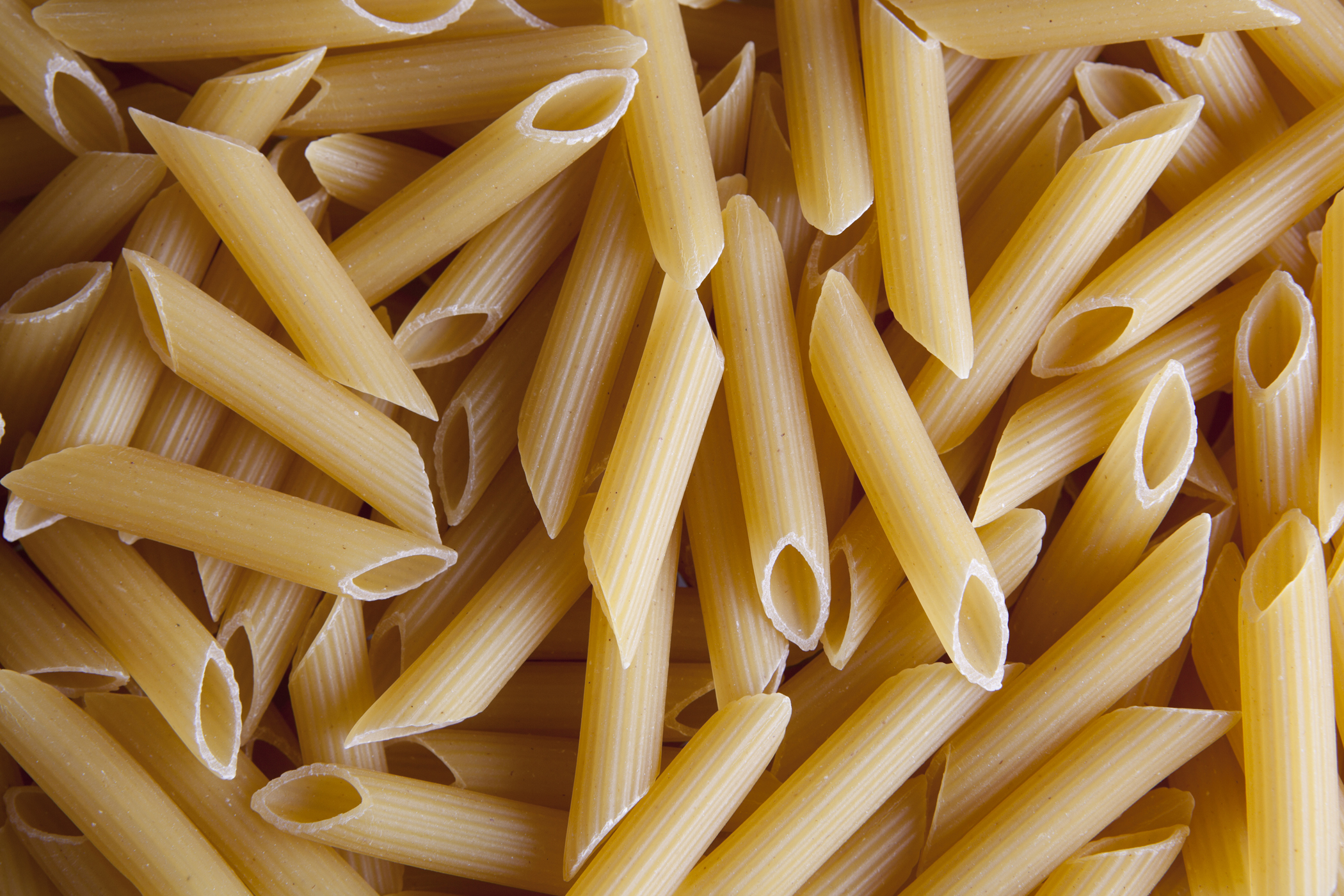
If you’re trying to lose weight, fat might be your friend.
A new study published today in Annals of Internal Medicine found that when people followed either a low-fat or low-carb diet for a year, those who cut carbs lost significantly more weight and fat, while reducing their heart disease risk factors more than dieters who reduced the amount of fat they ate.
Researchers watched the waistlines of a diverse population of 148 obese but healthy men and women. Those on the low-fat diet consumed 30% of their daily calories in fat, and those in the low-carb group got 30% of their calories from carbs. A dietitian gave both groups the same nutritional counseling throughout the year and followed up with detailed interviews about what the participants ate.
Though both groups exercised at about the same rates and consumed similar amounts of calories, the low-carb group lost almost 8 pounds more over the course of the year—and more fat as a proportion of their weight. Both groups dropped their levels of LDL cholesterol, but the low-carb dieters had higher increases of the so-called “good” HDL cholesterol. They also had a lower risk of heart disease, measured by markers like glucose and lipid levels.
MORE: Ending The War On Fat
All of these admirable health measurements occurred despite the fact that the low-carb group ate more than 40% of their daily calories in fat, says study co-author Lydia Bazzano, professor of nutrition at Tulane University School of Public Health and Tropical Medicine. People in the low-carb group ate more monounsaturated fat and even more saturated fat than they did before their diet, but still saw a drop in LDL cholesterol. And their good cholesterol levels improved a substantial amount more than the other group.
Why did the low-carb dieters benefit? “As a proportion of the carbs they were having, the low-carb group had a much higher proportion of fiber,” Bazzano says, which helps lower blood pressure and cholesterol. Eating more fat and protein also makes you feel fuller for longer, which may have curbed how many total calories the group ate. Plus, the diets also contained a good amount of healthy monounsaturated fats.
The data highlight how interactive diets really are, which supports the old-fashioned idea of eating everything in moderation to keep the balance of fat, fiber, protein and carbs in check. “The thought that [carbohydrates] are neutral and should be at the base of the food pyramid is not supported by a lot of evidence,” Bazzano says. She suggests restructuring with a foundation of vegetables and fruit — and not forgetting to add in a dose of healthy fats.
More Must-Reads from TIME
- Donald Trump Is TIME's 2024 Person of the Year
- Why We Chose Trump as Person of the Year
- Is Intermittent Fasting Good or Bad for You?
- The 100 Must-Read Books of 2024
- The 20 Best Christmas TV Episodes
- Column: If Optimism Feels Ridiculous Now, Try Hope
- The Future of Climate Action Is Trade Policy
- Merle Bombardieri Is Helping People Make the Baby Decision
Write to Mandy Oaklander at mandy.oaklander@time.com